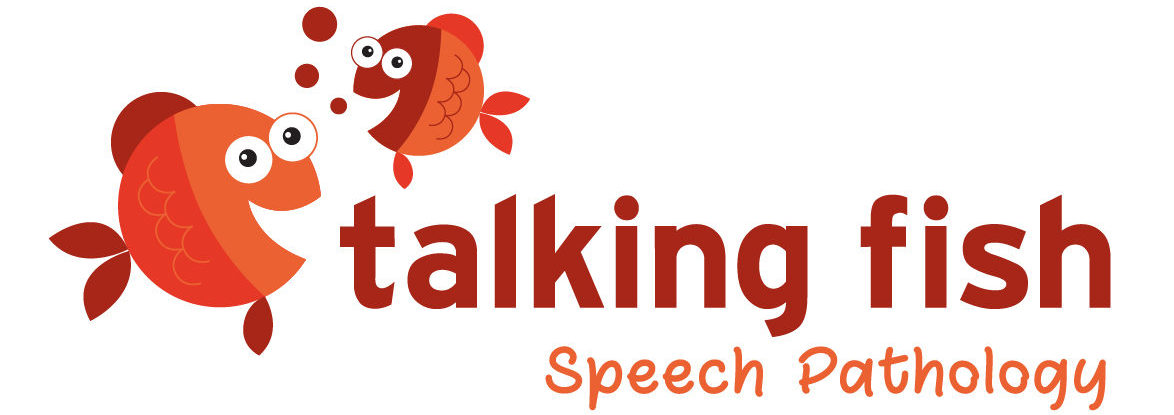At Talking Fish Speech Pathology, we believe in providing tailored, effective therapy that truly meets the unique needs of each child and family. While traditional speech therapy often focuses on specific skills, some approaches take a broader, more holistic view of development. One such approach, gaining significant recognition, is DIR Floortime Therapy.
What is DIR Floortime?
DIR Floortime, developed by Dr. Stanley Greenspan and Dr. Serena Wieder, is a comprehensive framework for understanding and supporting child development. “DIR” stands for:
- D – Developmental: It focuses on helping children progress through crucial stages of social-emotional, cognitive, and language development. These stages, called “Functional Emotional Developmental Capacities (FEDCs),” build upon each other, forming the foundation for complex thinking, communication, and relationships.
- I – Individual Differences: It recognises that every child is unique. It considers their individual biological differences in how they process sensory information (sights, sounds, touch, movement), plan movements, and regulate their emotions.
- R – Relationship-Based: This is the “Floortime” part. It emphasises the importance of warm, engaging, and reciprocal relationships as the primary vehicle for development. Parents and caregivers are key partners in the therapy process, learning to follow the child’s lead, join them in their play, and create emotionally meaningful interactions.
Essentially, DIR Floortime aims to build healthy foundations for communication, social skills, and thinking by working with a child’s natural interests and motivations, rather than just drilling specific skills.
How Does DIR Floortime Apply to Speech Pathology?
While DIR Floortime is a broader developmental framework, its principles are profoundly relevant to speech and language development. For speech pathologists, it’s not just about teaching words or sounds; it’s about understanding why a child isn’t communicating and building the underlying capacities that support meaningful language use.
Here’s how DIR Floortime informs our practice at Talking Fish:
- Focus on Shared Attention and Engagement: Before a child can request a toy or tell a story, they need to be able to share attention with another person. DIR Floortime helps us facilitate this foundational skill, teaching parents to draw their child into shared interactions. Without this, formal language instruction is often less effective.
- Encouraging Communication Intent: Rather than just getting a child to say a word, we focus on helping them understand why they would want to communicate. By joining them in their play and following their interests, we create natural opportunities for them to initiate communication (through gestures, sounds, or words) to achieve their goals.
- Understanding Individual Sensory Profiles: A child who is over-responsive to sounds might struggle in a noisy therapy room. One who seeks out intense movement might find it hard to sit still. By understanding these individual differences, we can adapt our environment and interactions to help the child feel regulated and ready to learn, making communication easier.
- Building Emotional Regulation: When a child is overwhelmed or dysregulated, learning is difficult. DIR Floortime helps children develop better emotional self-regulation, which in turn frees up cognitive resources for language processing and social interaction.
- Promoting Back-and-Forth Communication (Reciprocity): Floortime interactions are all about opening and closing “circles of communication.” This means engaging in a back-and-forth exchange of gestures, sounds, and eventually words, which is the essence of conversation. We help parents learn to “tune in” to their child’s cues and respond in ways that keep these circles going.
- Empowering Parents as Therapeutic Partners: A core tenet of DIR Floortime is that therapy doesn’t just happen in the clinic. We coach parents to use Floortime principles in their daily interactions, turning everyday moments into powerful developmental opportunities. This consistency at home is vital for generalisation of skills.
At Talking Fish Speech Pathology, we incorporate DIR Floortime principles, particularly for children with developmental differences such as Autism Spectrum Disorder, as it provides a robust framework for building true communication competence. It’s about helping children not just talk, but truly connect, interact, and thrive in the world.


